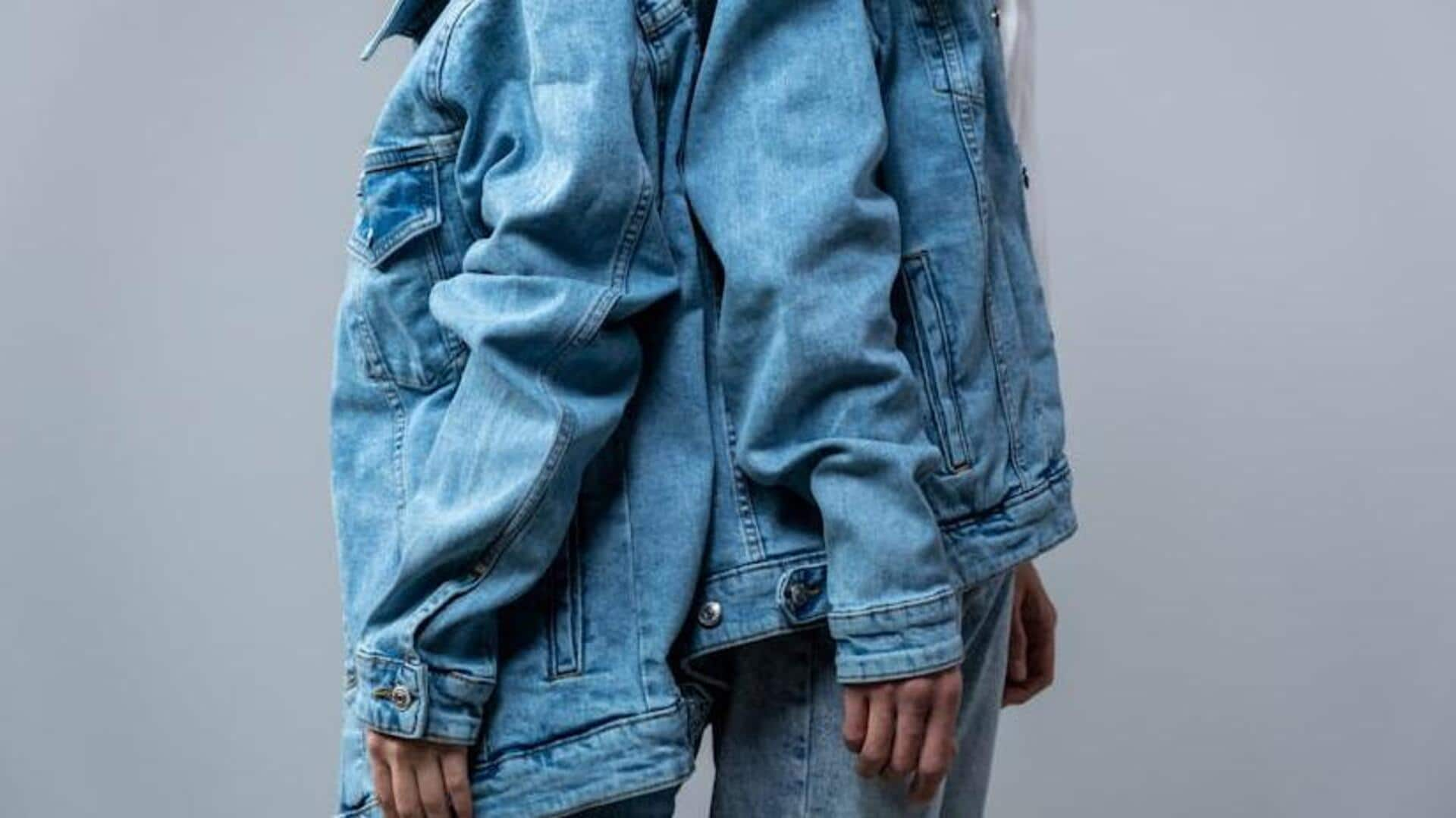
Reinventing style with upcycled denim
What's the story
As awareness of fashion's environmental impact grows, upcycled denim becomes a symbol of sustainability. This method not only gives old jeans new life but also confronts the throwaway culture harming our planet. By reimagining the use of what we already have, we advocate for zero-waste fashion. Upcycling is a creative endeavor that preserves resources and offers an alternative to wasteful practices.
Background
The rise of upcycling
The fashion industry ranks as a top global polluter, annually producing massive waste. Upcycling denim directly addresses this issue by repurposing old or discarded jeans into novel items like garments or accessories. This sustainable practice not only conserves valuable resources but also significantly cuts down on landfill waste, presenting an environmentally friendly option compared to conventional production methods.
Key concept
Crafting unique pieces
Upcycled denim showcases uniqueness and a personal touch, with each piece narrating its own story. It reflects the wearer's creativity, standing apart from mass-produced fashion. These one-of-a-kind items exhibit innovative design while retaining the fabric's inherent charm. Upcycling thus offers a bespoke experience, turning old jeans into new treasures that are as stylish as they are sustainable.
Practical advice
DIY denim revival
Starting your own upcycled denim project is simpler than you might think. Begin by selecting an old pair of jeans and envisioning what they could become—a tote bag, jacket embellishments, or even home decor. Basic sewing skills can go a long way; however, no-sew options like fabric glue or iron-on patches also offer endless possibilities for reinvention.
Get involved
Joining the movement
Embracing zero-waste fashion with upcycled denim means supporting local artisans dedicated to this sustainable craft. Participate in workshops to expand your knowledge of eco-friendly design techniques. Inspire others by showcasing your upcycled denim projects on social media, thus motivating a wider audience to make environmentally conscious decisions about their clothing and to join the zero-waste movement.